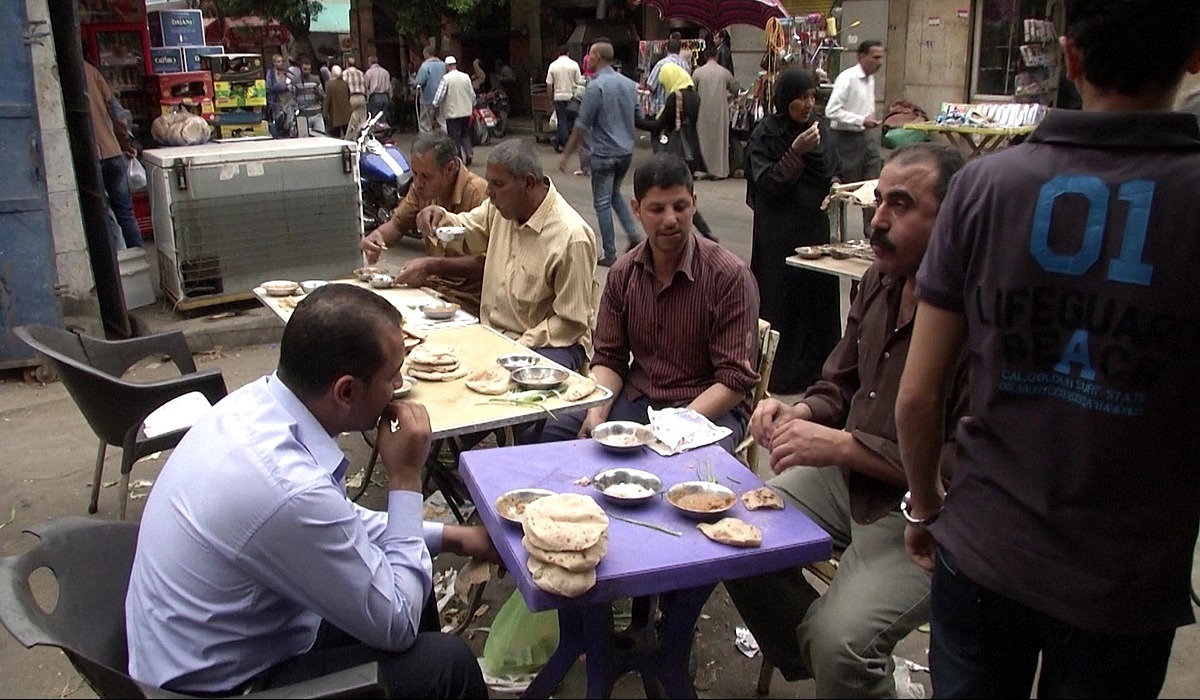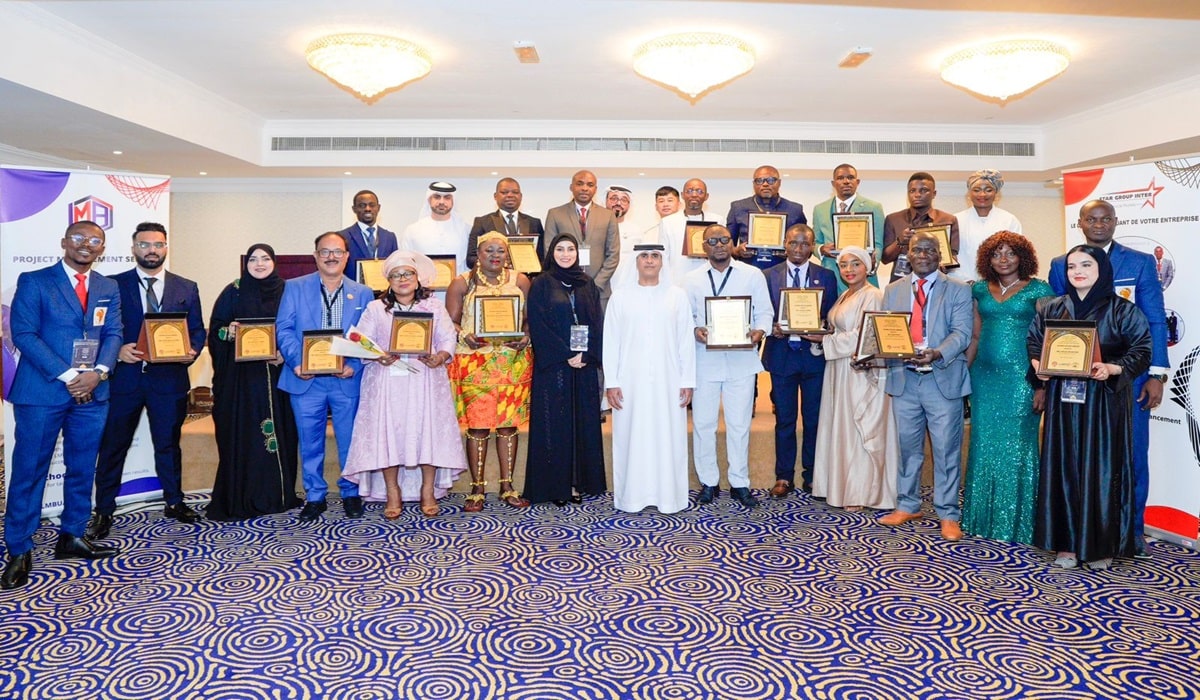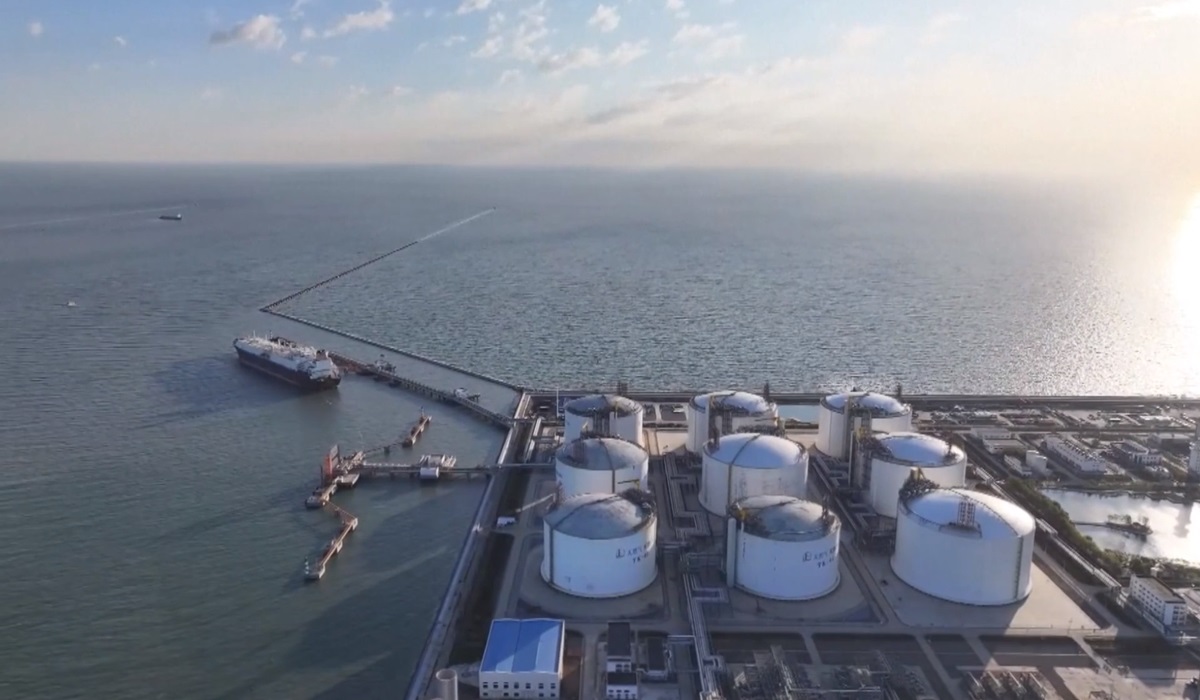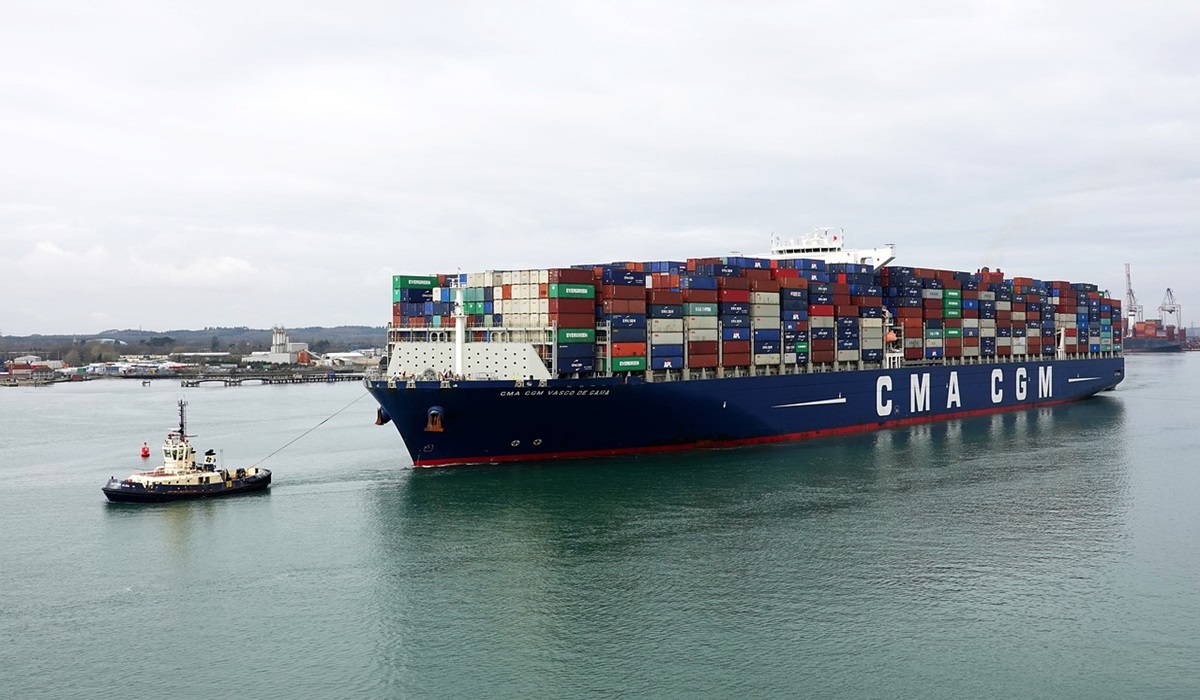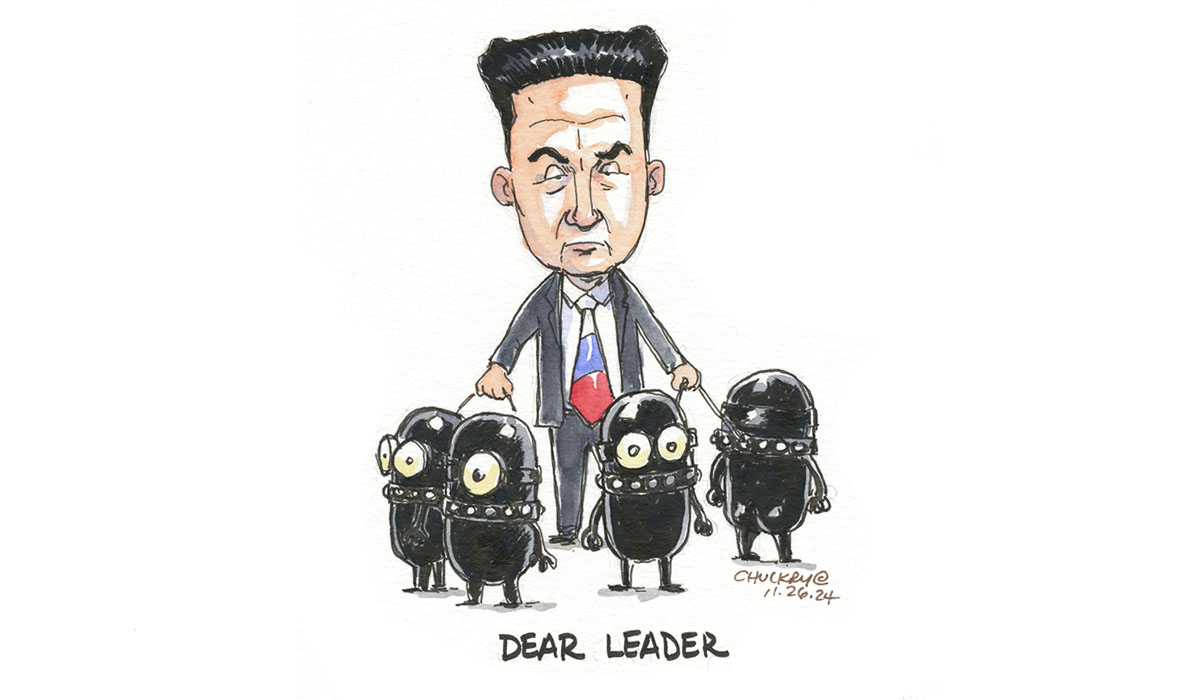The world’s largest wheat importer is bracing for a potential crisis as Russia, its principal supplier, reduces wheat production. Russian farmers are increasingly planting higher-margin crops like peas, lentils, and sunflowers, a shift that could lower the country’s wheat harvest from 92.8 million tons in 2023 to 83 million tons in 2024. This decline threatens Russia’s significant share of the global wheat market and disrupts the supply chain for countries heavily reliant on its grain, including Egypt.
Wheat is a dietary cornerstone in the North African nation, with bread central to daily meals. Annual consumption exceeds 20 million tons, of which over 12 million tons are imported. Russia historically supplies 76% of these imports, a figure that underscores the scale of the challenge posed by reduced production.
Agriculture experts have raised concerns about the growing demand and dependence on external sources. “We are the largest importer of wheat globally, yet one of the biggest producers as well,” noted Diaa Youssef, founder of Agricash Company. He highlighted how rapid population growth continues to drive consumption, pushing import levels even higher. Wheat imports are projected to rise by 11% in 2024.
The government is taking urgent measures to mitigate the impact. Ibrahim Abdel Hady, head of the Wheat Research Division at the Ministry of Agriculture, explained that affordability and logistical advantages have long made Russia and Ukraine key suppliers, surpassing countries like France, the U.S., and Romania. However, with Russian farmers planting less wheat, the need to diversify and expand domestic production has grown more pressing.
Efforts to boost local output are centered on three strategies: cultivating additional farmland, improving yields through high-performance seed varieties, and implementing modern irrigation systems to conserve water and accelerate cultivation. Abdel Hady emphasized plans to add 200,000 new acres of wheat annually while enhancing productivity on existing plots.
Another critical aspect of food security is reducing grain waste. Recent investments in advanced storage infrastructure aim to address this issue. Youssef highlighted the benefits of modern silos, which replace outdated facilities prone to inefficiencies. Since 2014, storage capacity has tripled from 1.2 million tons to nearly 4 million tons, with further expansions expected by 2025.
As the country navigates the challenges of reduced Russian wheat availability, its ability to adapt through increased local production and improved logistics will be key to maintaining food security for its rapidly growing population. The urgency to innovate has never been more apparent.

